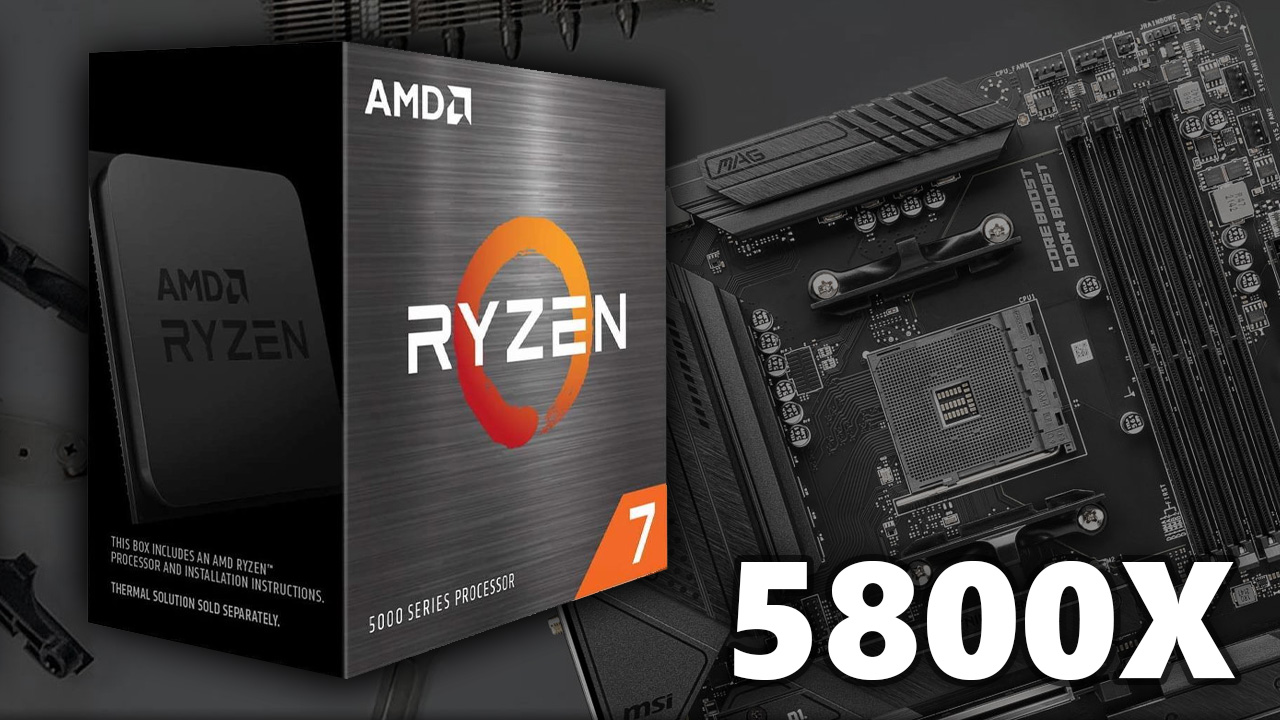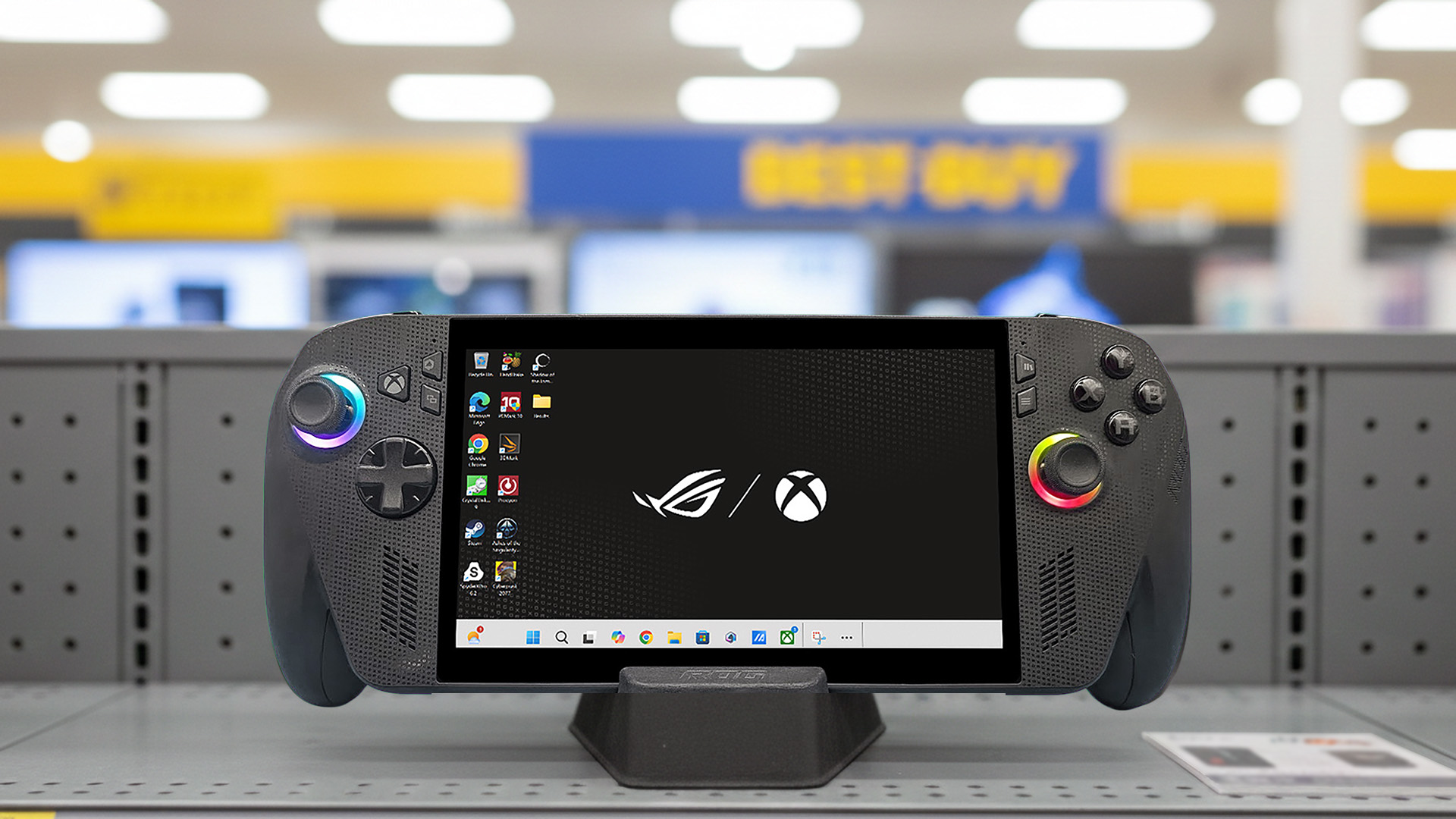Best motherboard for AMD Ryzen 7 5800X in 2025: Top AM4 picks for a budget beast
Despite its age, the 5800X is still a great gaming processor, and it works best with these top-rated AM4 socket motherboards.
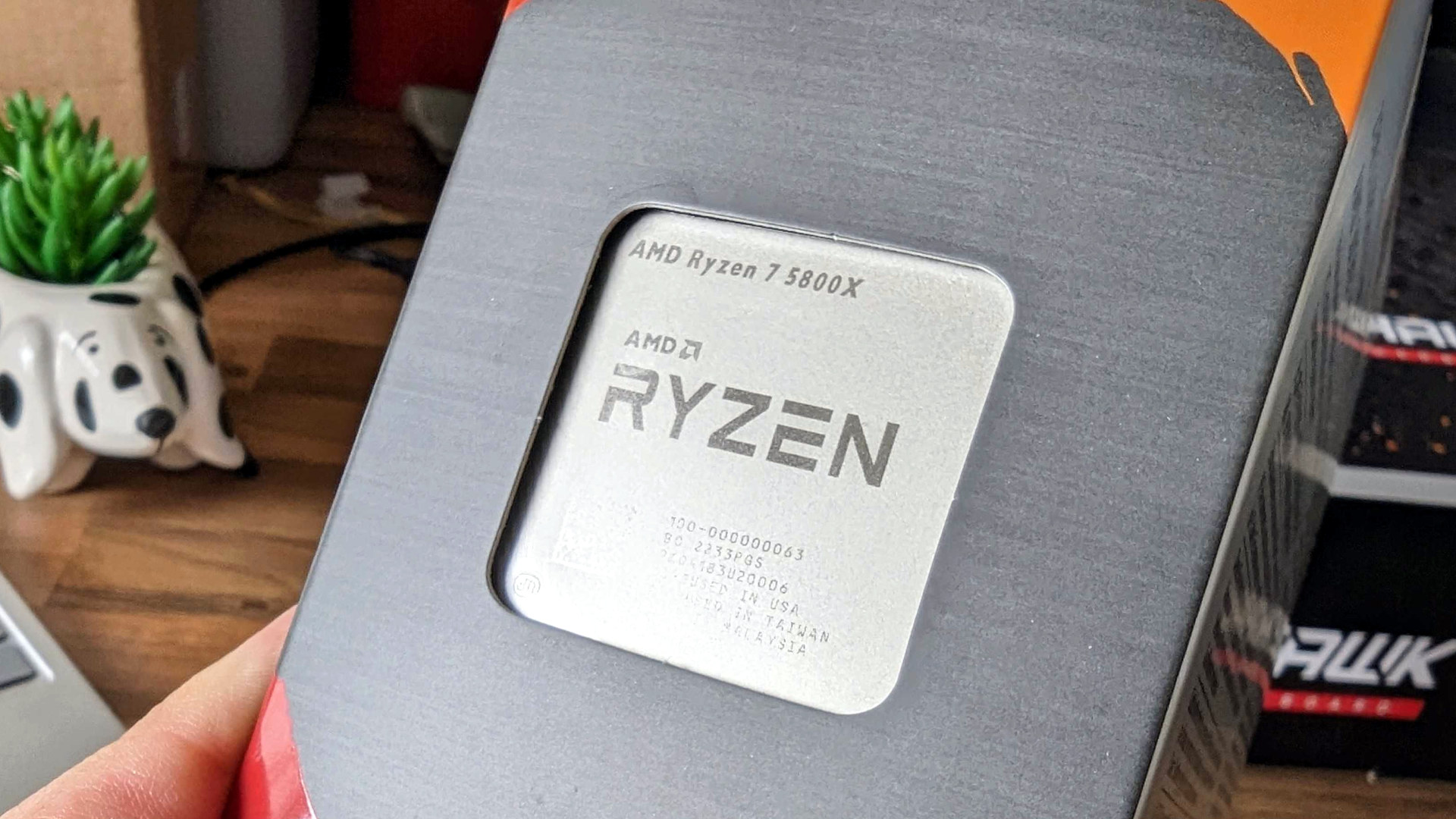
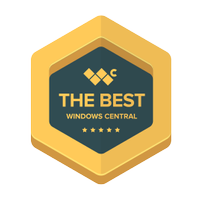
Wait, Ryzen 5000? I thought AMD was up to 9000 now? Yes, it's true, the Ryzen 7 5800X is a few generations behind its modern siblings, but it's still a great choice for a modern gaming desktop PC on a budget. It's been the case for a while, and I used this processor in my own gaming rig for years, up to the end of 2024.
Still, looking at money-saving CPUs from previous generations comes with considerations into motherboard compatibility, so I'll make the choice a little easier by showing you the AM4 socket picks that I stand by.

I used the Ryzen 7 5800X in my own desktop PC, paired with MSI's B550 Tomahawk motherboard and an NVIDIA RTX 3060 (12GB) GPU, for years. It's easy for me to recommend these parts because they served me so well.
September 8, 2025: Relentlessly, the 5800X is still available to purchase brand new, and so are its compatible motherboards. I've checked my picks to ensure availability.
The best motherboards for AMD Ryzen 7 5800X
Why you can trust Windows Central
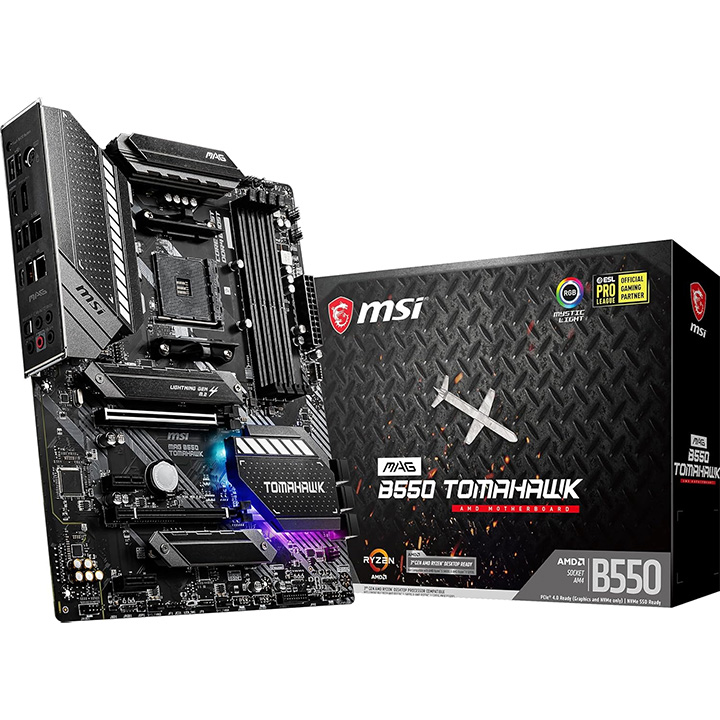
Best overall
I rate the Tomahawk so highly that I bought it myself, and it paired with the 5800X in my own machine. There's no onboard Wi-Fi, but it's a sturdy pick with subtle RGB and a thick M.2 heatsink for your SSD. Super affordable.
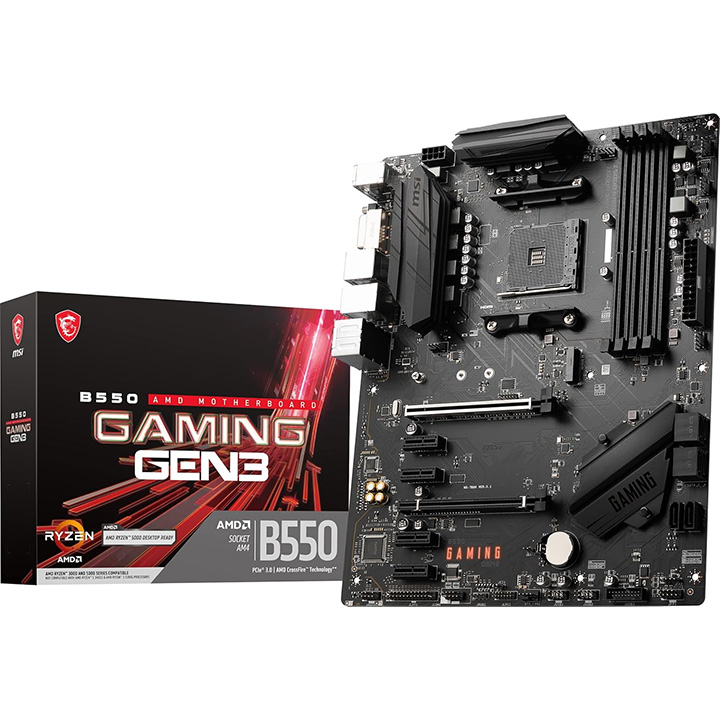
Best budget
It might be one of the cheapest AM4 boards for the Ryzen 7 5800X, but there's absolutely nothing wrong with the Gaming Gen3. No Wi-Fi, no frills, just basic PCIe 3.0 drives and plain functionality with a full-size ATX motherboard.
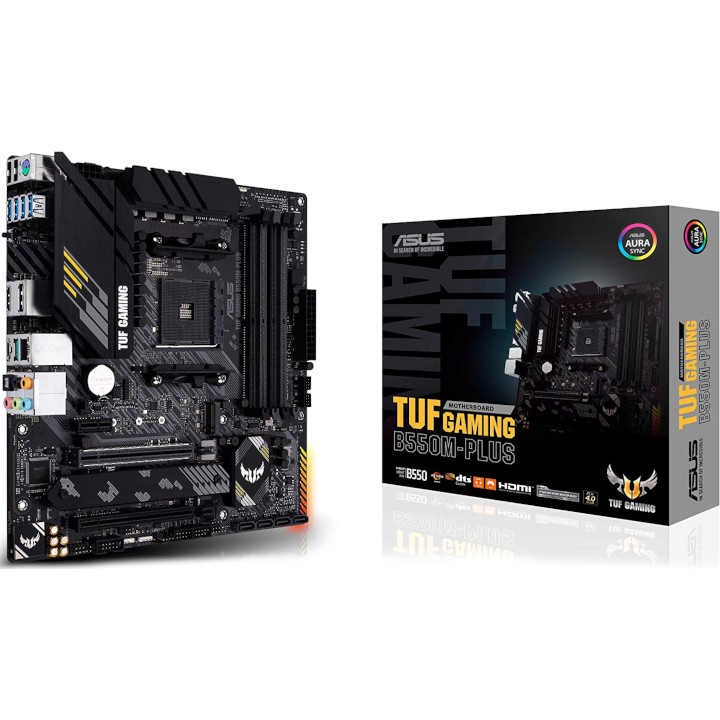
Best Micro ATX
ASUS' TUF Gaming B550M-Plus is perfect for a compact custom build. Features 2.5Gb LAN support for ultrafast Ethernet networking, PCIe 4.0 for M.2 SSDs, and USB 3.2 Gen 2 ports in USB-A and USB-C types.
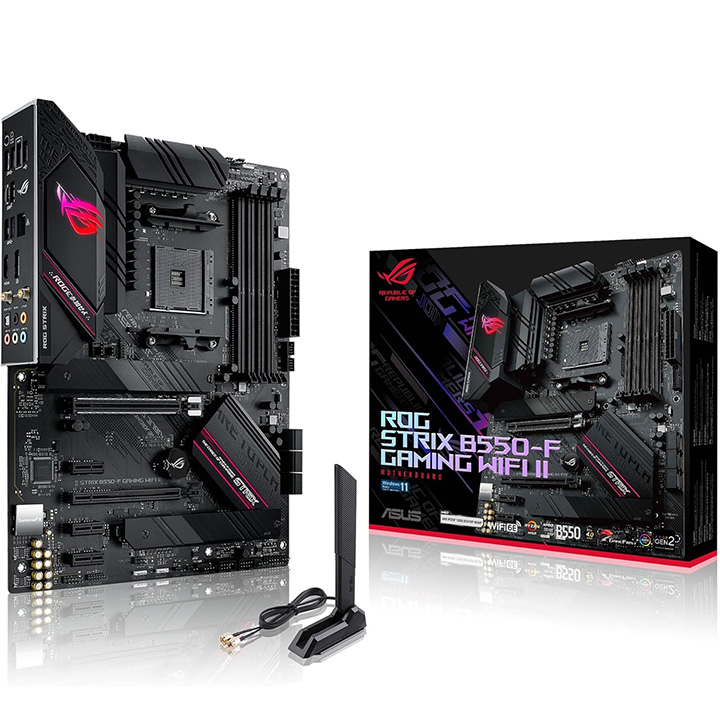
Best premium
ASUS goes all-out with its ROG STRIX B550-F GAMING WIFI II, which features PCIe 4.0 for storage and expansion cards, onboard Wi-Fi 6E, and 2.5Gb Ethernet LAN alongside USB-C 3.2 Gen 2. Perfect for building a high-end rig.
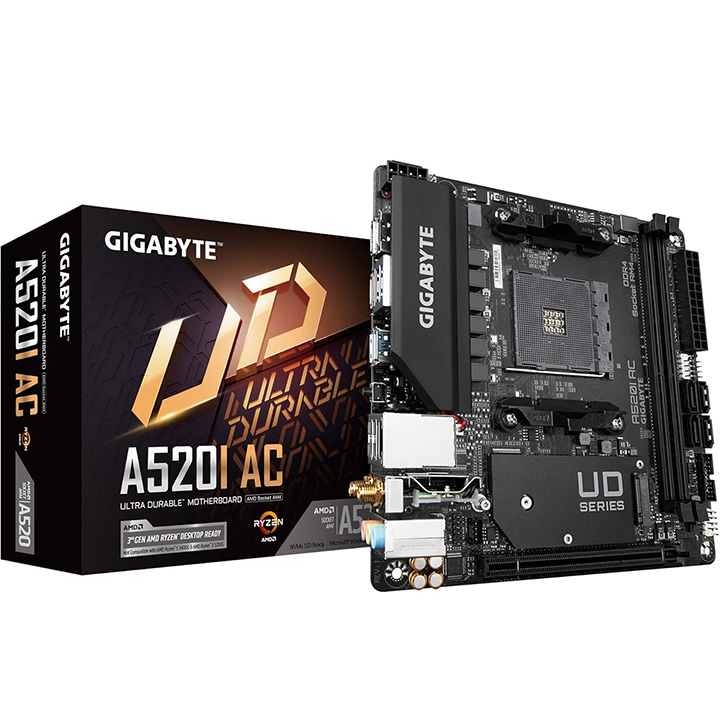
Best Mini ITX
Strictly for ultra-compact builds, Gigabyte's Mini-ITX board features onboard Wi-Fi and Bluetooth but sticks with PCIe 3.0 for drives and removes USB-C support to keep costs down.
How to choose the right motherboard
It would be too easy just to recommend my own motherboard at the time, the MSI B550 Tomahawk, and call it a day, but it won't fit everyone's needs. For example, it lacks onboard Wi-Fi, which has become far more popular in recent years, so ASUS' ROG B550-F GAMING WIFI II is the all-in-one pick to solve that issue.
Otherwise, I'd recommend my previous board, the MSI B550 Gaming Gen3, as a budget pick since that was my plan when I bought it years ago, and it served me well until I needed some extras.
Ultimately, what matters most when choosing a motherboard is making sure your other components are supported. For example, if you have an M.2 solid-state drive that supports PCIe 4.0, then you'll need a motherboard that supports the standard and isn't stuck on PCIe 3.0.
The same goes for expansion and fans; if you want each fan on your PC case to have its own header pins, you'll need to check the deeper documentation of a motherboard before buying it. Mini-ITX boards like the Gigabyte A520I AC, for example, don't have space for a lot of headers. Nevertheless, every motherboard on my list supports the Ryzen 7 5800X without issue because they're all using the AM4 socket; it's whatever else you're planning to install into your PC that should influence your new motherboard. Plan, and plan well!
All the latest news, reviews, and guides for Windows and Xbox diehards.

Ben is a Senior Editor at Windows Central, covering everything related to technology hardware and software. He regularly goes hands-on with the latest Windows laptops, components inside custom gaming desktops, and any accessory compatible with PC and Xbox. His lifelong obsession with dismantling gadgets to see how they work led him to pursue a career in tech-centric journalism after a decade of experience in electronics retail and tech support.
